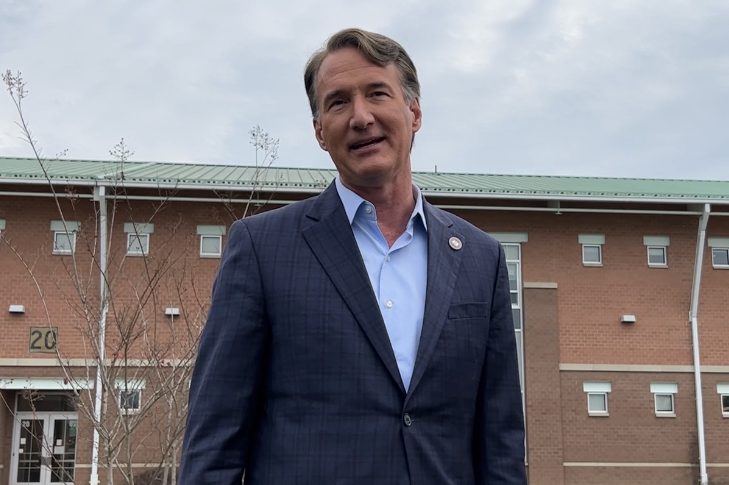On October 3, the International Consortium of Investigative Journalists, based in Washington DC, released a huge trove of 11.9 million leaked documents pertaining to the wealth of hundreds of world leaders, public officials, and billionaires.
Like the Panama Papers that were leaked in 2016, the Pandora Papers detail vast offshore holdings, perhaps as much as $32 trillion, that have allowed the beneficiaries to avoid taxes that would have been due had the wealth been held at home.
For instance, a United Kingdom company controlled by Cherie Blair, the wife of former prime minister Tony Blair, acquired a £6.45 million ($8.8 million) property in London not directly but by purchasing a British Virgin Islands company. If the property had been acquired directly, there would have been British stamp duties owed of £312,000 ($425,000).
King Abdullah II of Jordan has real property in the United States and Great Britain held offshore worth more than $100 million, including houses in Malibu, Washington DC, London and Ascot.
There is a principle in biology known as co-evolution. As prey species evolve to get better at evading predators, for instance, the predators evolve to get better at catching them. It is no different with tax authorities and those taxed. The US income tax code was a mere 11 pages in the 1913 Tariff Act. (That was the year the 16th Amendment to the Constitution was ratified, allowing the federal government to tax income). Today it is 70,000 pages long. As tax lawyers and accountants discovered loopholes, Congress moved to limit or close them.
And Congress has also helped out major political donors by quietly inserting tax favors in tax bills. The code is amended hundreds of times a year and many of those amendments benefit only a few, or even one, company or individual. It is a tax system that is corrupt to its core.
No one, of course, pays more in taxes than he has to and as taxation has gotten higher and more complex, especially for those with large incomes, the incentive to find ways to avoid taxes has grown stronger. And the rich can afford the advice of tax lawyers and accountants and can utilize more ways to shelter income and wealth.
That’s why, as Robert Silverman, a senior adviser to Oxfam America, a charitable organization, said that ‘The Pandora Papers is a damning reminder that the United States has two separate tax systems — one for the uber rich and well-connected, and one for everyone else.’
There is nothing new about sheltering wealth offshore. The 14 offshore service providers whose documents were leaked in the Pandora Papers, date back as far 1961. Swiss bank accounts are far older. As overseas communication has become much cheaper and faster, the ease of holding assets offshore has greatly increased and so has the usage.
Places such as Panama, the Cayman Islands, Hong Kong and the British Virgin Islands have learned that they can earn large fees for facilitating the holding of wealth offshore.
Much of it is perfectly legal. But some — it’s impossible to say how much, of course — has been flat-out tax evasion. Robert F. Smith, the billionaire founder of Vista Equity Partners, was fined a whopping $139 million last October for using offshore accounts to shelter income illegally.
Can anything be done to reduce the ability of the very rich to avoid taxes with offshore holdings? Short of forcing offshore tax havens to change their laws, it is hard to get sovereign entities to change laws that benefit themselves.
But radically simplifying the United States Tax Code would greatly reduce the incentive to use complicated schemes to avoid taxes, including offshore accounts.
A flat tax, with a large personal deduction, very limited other deductions, and a flat tax rate, would go a long way to eliminating the corruption that permeates the tax code today. It would be much harder for members of Congress to quietly hand out goodies to their donors because it would be much more obvious. The best place to hide a book, after all, is in a library. The best place to hide a tax fiddle is in 70,000 pages of numbing legal prose.
The flat tax is often criticized for not being progressive, with higher marginal rates on higher incomes. But, counterintuitively, the flat tax is progressive in the sense that the effective rate of taxation, the percentage of income that is taxed away, inevitably rises with increased income.
It will be interesting to see what happens as the Pandora Papers are scrutinized by various tax authorities and journalists. Perhaps major scandals will emerge. American billionaire Robert Brockman is already under a 39-count indictment for tax evasion on $2 billion in income sheltered offshore. He is among those with documents leaked in the Pandora Papers.
It is also possible that the papers will only confirm yet once again that ‘I’ve been rich and I’ve been poor. Rich is better.’

























